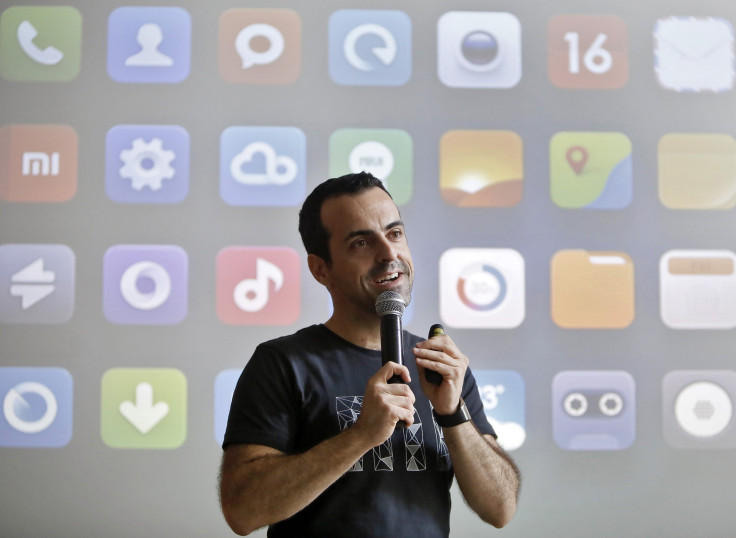Xiaomi To Move International User Data To Amazon Servers As Privacy Concerns Rise

Xiaomi Inc. has announced that it will move data belonging to its international users to Amazon Inc.’s data centers in the U.S. and Singapore. The server and data migration process will reportedly take place in three phases.
The move will help "maintain high privacy standards and comply with local data protection regulations,” Hugo Barra, Xiaomi’s vice president for international operations, and a former Google Inc. executive, said in a post on his Google+ page on Oct. 22. “This is a very high priority for Xiaomi as we expand into new markets over the next few years.”
Xiaomi expects to sell some 70 million phones this year, a 10-fold increase from 2012 when it began selling its own handsets, Manu Jain, the company’s head of Indian operations, said at an event on Oct. 18. It expects to sell about 500,000 of its Redmi and Mi series phones in India this month and has said it’s considering setting up a manufacturing base in India. In the April to June quarter, Xiaomi trounced Samsung Electronics Co. Ltd. to become the top smartphone seller in China.
The Indian Air Force has warned its staff that Xiaomi’s handsets are not safe to use as the phones send user data to computer servers in China, The New Indian Express newspaper reported on Oct. 22, citing an IAF note.
In India, a cloud backup was provided “by default” when the handsets first started selling, Jain explained at the Oct. 18 event in Bangalore. Those settings have now been changed so that an individual will have to specifically opt in for the cloud back up, which otherwise will be turned off, he said.
The Taiwanese government is investigating if Xiaomi's phones represented a cybersecurity threat, Reuters reported on Sept. 24, citing a government official.
Barra, in his post, said the server and data migration process is taking place in three phases. The first phase will be complete by the end of this month and include users in all of Xiaomi’s international markets -- Hong Kong, India, Indonesia, Malaysia, Philippines, Singapore and Taiwan. In the second phase, expected to be completed by the end of 2014, Xiaomi’s cloud services will be moved to Amazon’s servers.
In the third phase, in 2015, in markets such as India and Brazil, where Amazon’s cloud services are not yet available, “we will be working with local data center providers to set up our service infrastructure,” Barra said.
© Copyright IBTimes 2025. All rights reserved.






















